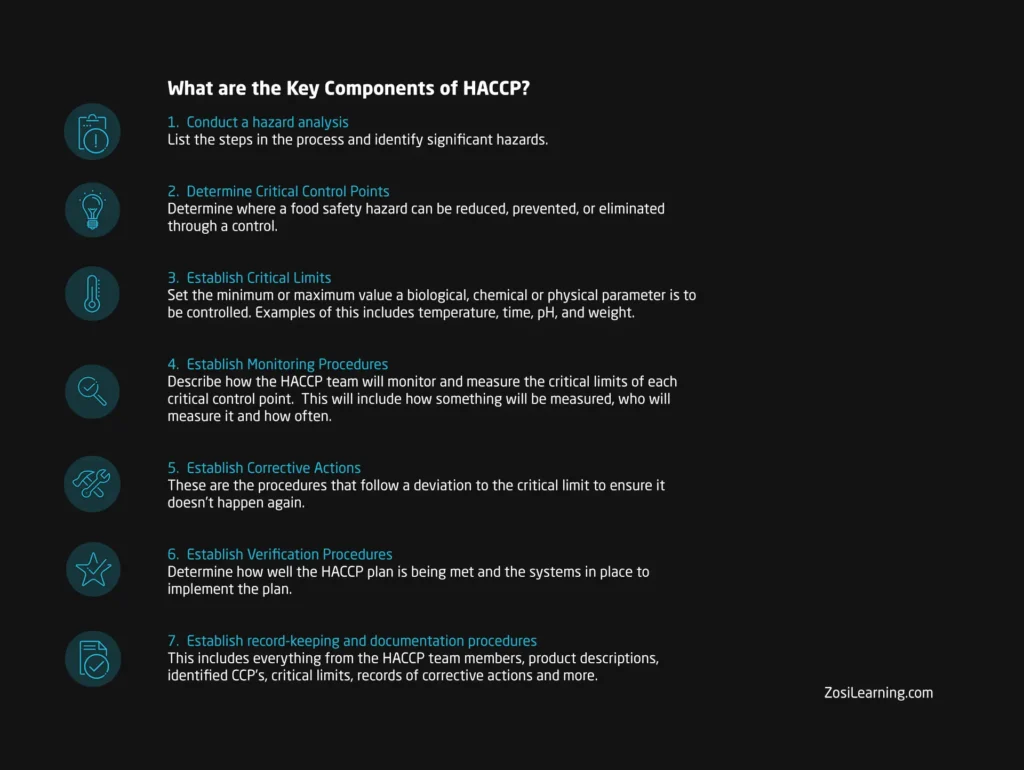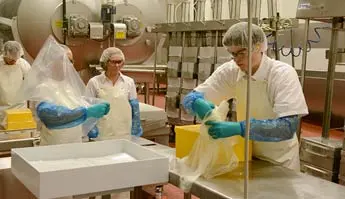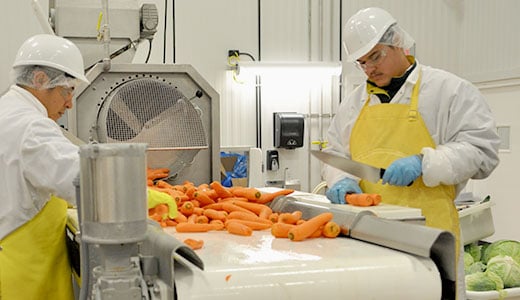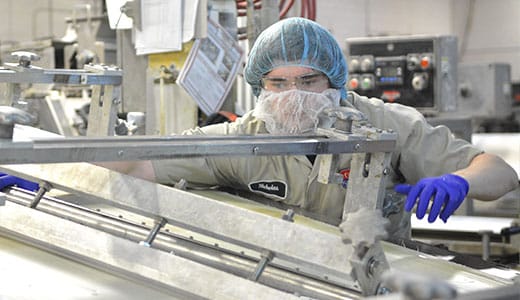Posted by Zosi Team

From harvest to consumption, HACCP provides a robust and effective system for reducing the risk of foodborne illness and monitoring the total food system.

What Does HACCP Stand For?
HACCP stands for Hazard Analysis Critical Control Points is a systematic approach to the identification of hazards, assessments of risk and controls. The concept of HACCP originated in the 1960’s around the organization of safe food for NASA space expeditions. NASA’s engineering requirements around Critical Control Points (CCP), taken from the U.S. Army, was decided as the guidelines for food safety and the genesis of what would become HACCP. Over the subsequent years the concept of HACCP continued to evolve until the early 1970’s when FDA inspectors became trained on Hazard Analysis and Critical Control Points which are the two key areas HACCP focuses on still today.
The FDA defines HACCP as “a management system in which food safety is addressed through the analysis and control of biological, chemical, and physical hazards from raw material production, procurement and handling, to manufacturing, distribution and consumption of the finished product.”
Hazard analysis refers to the process of collecting and evaluating all relevant information on potential hazards associated with the food under consideration to determine which must be addressed in the HACCP plan. More specifically, the goal of this step is to create a list of significant hazards that would cause injury or illness if not appropriately controlled. While a list of potential hazards could be seemingly endless, only hazards that are reasonably likely to happen need to be considered in this step.
Hazard analysis is the crucial first step in creating a HACCP plan. Any missteps in creating the right list of hazards can lead to an ineffective plan.
A critical control point is where control, some sort of mitigating action, can be applied to prevent or eliminate a hazard altogether or decrease it to an acceptable level. Critical control points should be highlighted and noted in your HACCP plan anywhere where hazards can be reduced, prevented or eliminated altogether. It is important to review, develop and document each CCP which then enables the HACCP team to develop critical limits and control measures to manage the CCP.
Information gathered from both hazard analysis and the identification of critical control points is then used in conjunction with the 7 HACCP Principles to create an effective HACCP plan.

Why is HACCP Important?
Minimizing food born illness and hazards saves lives. Additionally, safer food increases consumer confidence and allows a brand to flourish in the marketplace. It reduces the risk and liabilities to a business while also improving product quality and overall consistency. The application of HACCP also reduces product losses and unnecessary rework positively impacting a businesses bottom line.
Given its systematic approach and worldwide adoption within the food industry, HACCP offers clarity and consistency in identifying, evaluating, and controlling food safety hazards.
Even in situations where HACCP itself is not formally implemented as a company’s official food safety management system, the very principles inherent in the HACCP system can be found in the foundations of practically all other worldwide food safety management systems, thereby cementing HACCP’s importance to the global food industry.

When consumer health and safety, as well as your company’s good name are on the line, a methodical, proven, and widely adopted food safety management system like HACCP is the best way to protect your customers and brand, while staying compliant with all applicable laws.
Intertek Alchemy, through our online professional development platform Zosi Learning, offers a Basic HACCP Certification Course and an Advanced HACCP Certification Course that are both self-paced, rich in practical knowledge, and have been enjoyed by thousands of food industry professionals.


 Basic HACCP Certification Course
Basic HACCP Certification Course
 Advanced HACCP Certification Course
Advanced HACCP Certification Course
 Basic HACCP Certification – Juice and Beverage
Basic HACCP Certification – Juice and Beverage
 Course Bundle – Basic and Advanced HACCP Certification
Course Bundle – Basic and Advanced HACCP Certification

